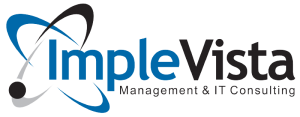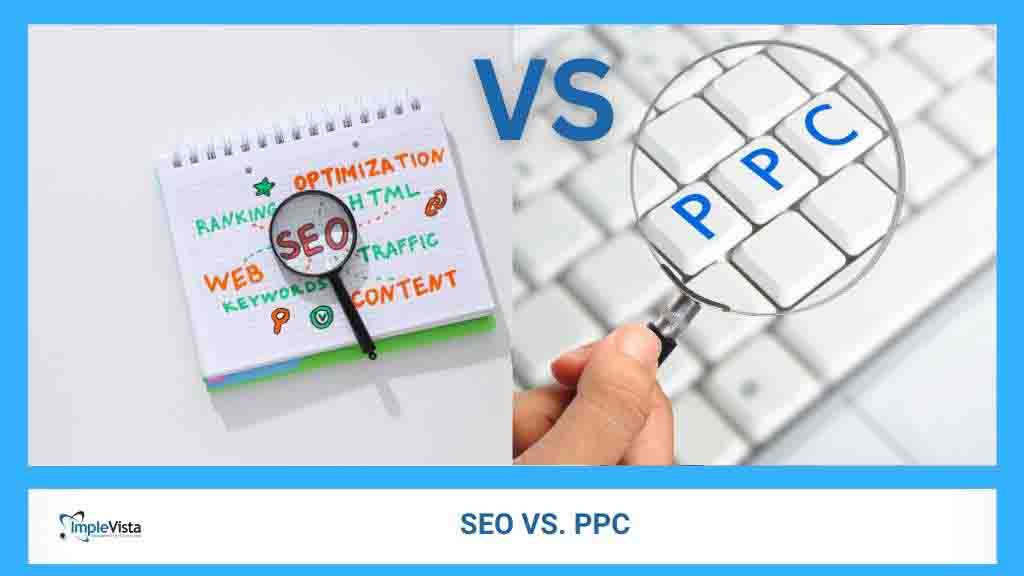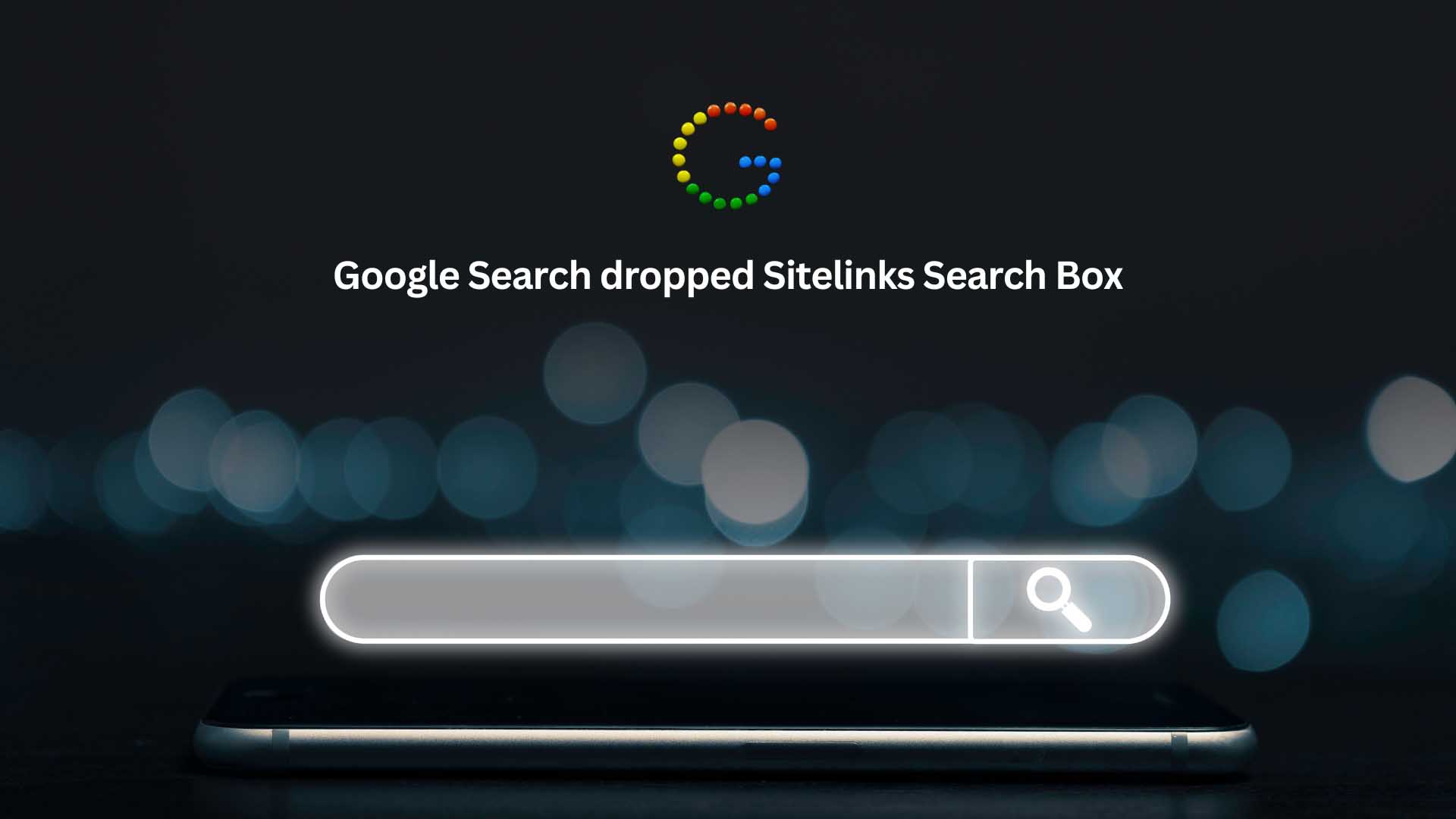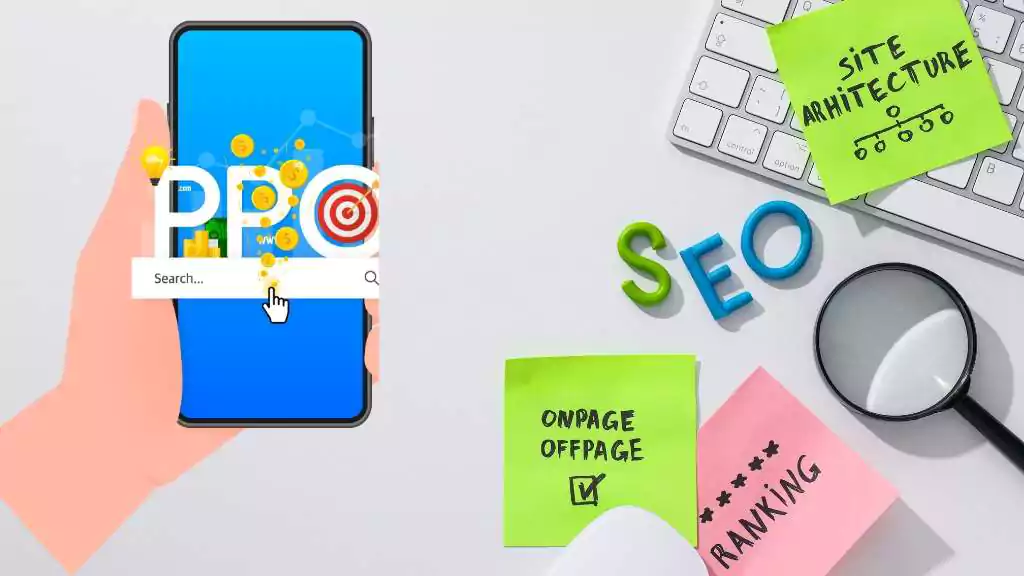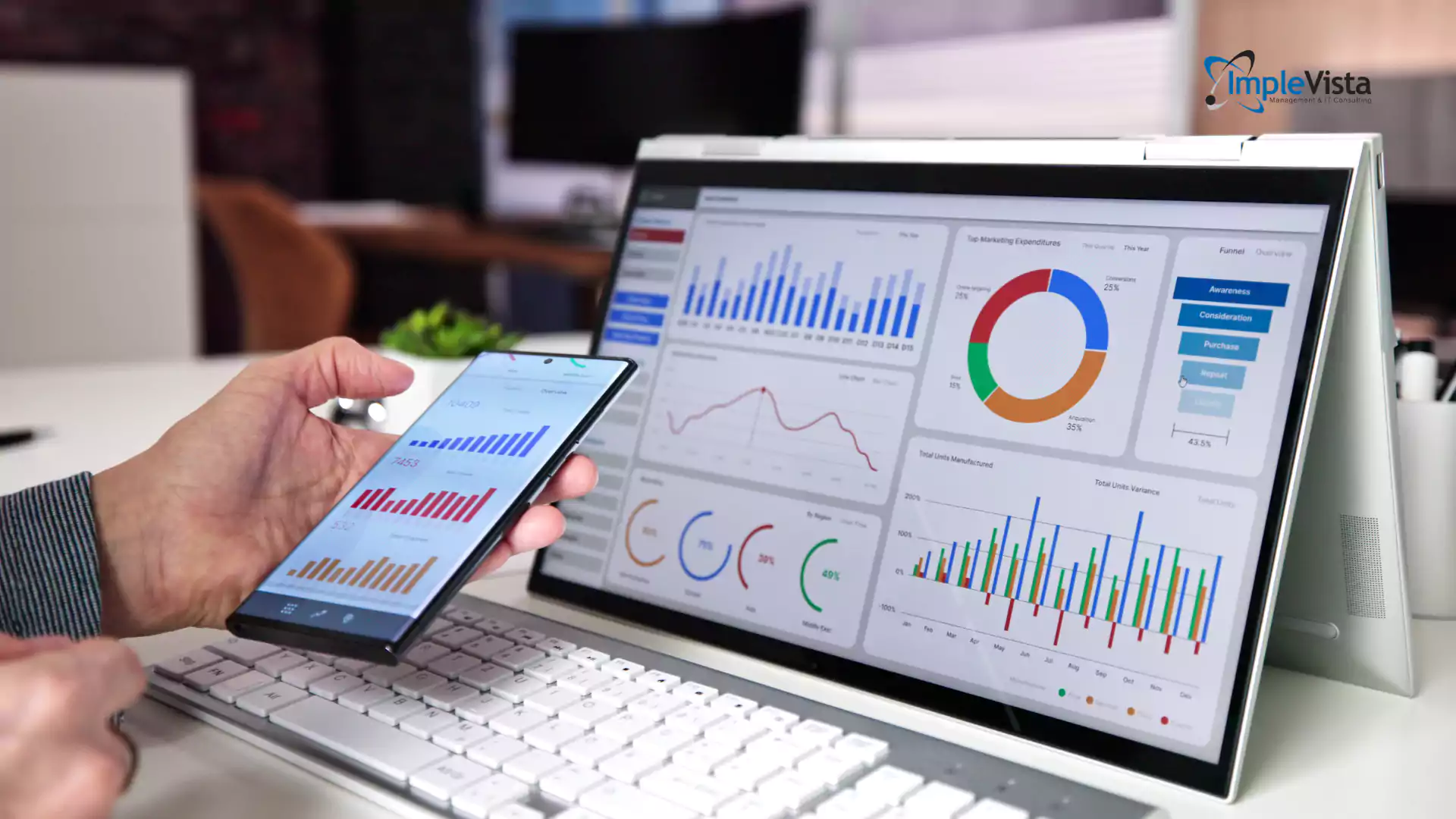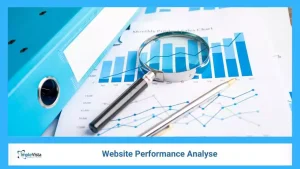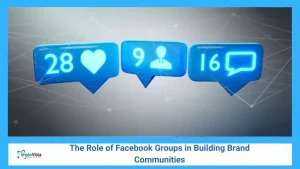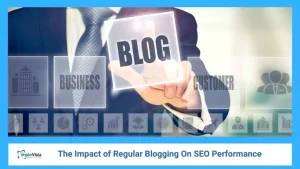In today’s competitive digital landscape, businesses must choose the right marketing strategy to increase visibility and attract potential customers. Two of the most popular approaches are SEO (Search Engine Optimization) and PPC (Pay-Per-Click), each offering unique advantages and challenges. The debate of SEO vs. PPC often comes down to long-term growth versus immediate results. SEO focuses on optimizing a website to rank organically in search engines, driving sustainable traffic over time. It involves strategies like keyword optimization, content creation, and link-building, which help businesses establish credibility and authority. However, SEO takes time and requires ongoing effort.
On the other hand, PPC allows businesses to place paid ads at the top of search results, delivering instant traffic and quick conversions. With PPC, companies can target specific audiences based on demographics, search intent, and behaviors, making it a highly effective strategy for immediate visibility. However, it requires continuous budget allocation, and costs can add up quickly.
Understanding the strengths and weaknesses of SEO vs. PPC is crucial for businesses looking to maximize their digital marketing efforts. This article explores the key differences, benefits, and challenges of each strategy, helping you determine which approach—or combination—is best for your business goals.
What is SEO?
Search Engine Optimization (SEO) is the process of enhancing a website’s visibility on search engine results pages (SERPs) through organic, non-paid methods. It involves optimizing various elements such as keywords, content, meta descriptions, and technical aspects to ensure a website ranks higher in search results. SEO works by aligning a website’s content with search engine algorithms to improve its relevance and authority.
There are three primary types of SEO: On-page SEO, which focuses on optimizing individual pages for keywords and content structure; Off-page SEO, which involves external factors like backlinks and social signals; and Technical SEO, which ensures a site is properly indexed and performs well on search engines.
Effective SEO strategies help businesses attract more organic traffic, improve user experience, and increase brand credibility. As search engines like Google frequently update their algorithms, SEO is an ongoing process requiring constant updates and improvements. With the increasing reliance on digital searches, SEO has become an essential part of online marketing, helping businesses connect with their target audience efficiently.
Benefits of SEO
SEO offers numerous benefits for businesses, making it a crucial component of any digital marketing strategy. One of the primary advantages is increased website visibility, helping businesses reach a larger audience through organic search traffic. Unlike paid advertisements, SEO provides long-term results, driving consistent traffic without recurring costs.
By ranking higher in search results, businesses gain credibility and trust among users, as people tend to associate top-ranking websites with authority and reliability. SEO also improves user experience by optimizing website speed, mobile-friendliness, and content quality, making it easier for visitors to navigate and find relevant information. Additionally, local SEO strategies help businesses attract nearby customers, enhancing foot traffic for physical stores.
Another major benefit is higher conversion rates, as users searching for specific keywords are more likely to take action, such as making a purchase or signing up for a service. SEO also complements other marketing efforts, including content marketing and social media strategies, by increasing brand awareness and engagement. Furthermore, data-driven SEO strategies allow businesses to analyze user behavior, track performance, and make informed decisions to improve their online presence. In a highly competitive digital landscape, investing in SEO gives businesses a competitive edge, ensuring they remain relevant and visible to their target audience.
Challenges of SEO
Despite its benefits, SEO comes with various challenges that businesses must navigate to achieve success. One major challenge is the constant updates to search engine algorithms, which can significantly impact website rankings. Google and other search engines frequently refine their algorithms to improve search quality, requiring businesses to stay updated and adapt their strategies accordingly.
Another challenge is the high level of competition, as businesses across industries invest heavily in SEO, making it difficult to secure top rankings. Achieving results with SEO takes time, as organic rankings do not improve overnight and require consistent effort in content creation, link building, and technical optimizations. Additionally, keyword research and content optimization require a strategic approach to ensure relevance and effectiveness without overstuffing keywords, which can lead to penalties.
Technical SEO can also be complex, involving site speed optimization, mobile responsiveness, and proper indexing, which may require expertise and resources. Measuring SEO success is another challenge, as it involves analyzing various metrics such as organic traffic, bounce rates, and keyword rankings while understanding how they contribute to overall business goals. Local SEO presents unique difficulties, especially for businesses competing in highly saturated markets where gaining local visibility is tough.
Moreover, search engines prioritize user experience, meaning businesses must consistently update and enhance their content to maintain rankings. Despite these challenges, a well-executed SEO strategy can provide sustainable growth and long-term success for businesses willing to invest in ongoing optimization efforts.
Pros of SEO
- Cost-Effective in the Long Run – Unlike PPC, SEO does not require continuous payments for traffic. Once a website ranks organically, it can attract visitors without additional costs.
- Sustainable Results – A well-optimized website can maintain its ranking for a long time, providing steady traffic without needing frequent adjustments.
- Higher Credibility and Trust – Users tend to trust organic search results more than paid ads, making SEO a great way to build brand authority.
- Better Click-Through Rate (CTR) – Organic search results often have a higher CTR than paid ads, as users are more likely to click on non-sponsored results.
- Supports Other Marketing Efforts – SEO works well with content marketing, social media, and other digital strategies, improving overall online visibility.
Cons of SEO
- Takes Time to Show Results – SEO is a long-term strategy that can take months to generate noticeable improvements in rankings.
- Algorithm Changes Can Affect Rankings – Search engines frequently update their algorithms, which can lead to fluctuations in rankings and traffic.
- Requires Ongoing Optimization – SEO is not a one-time effort; it needs continuous content updates, link building, and technical improvements.
- High Competition – Ranking on the first page of search results can be difficult, especially in competitive industries where many businesses invest in SEO.
- Difficult to Measure ROI Directly – Unlike PPC, where results are instant, SEO results take time, making it harder to track immediate return on investment.
What is PPC?
Pay-Per-Click (PPC) is a digital advertising model where advertisers pay a fee each time their ad is clicked. It is a way of buying website traffic rather than earning it organically through SEO. PPC campaigns are commonly run on search engines like Google Ads and Bing Ads, as well as social media platforms such as Facebook, LinkedIn, and Instagram. Advertisers bid on specific keywords related to their products or services, and their ads appear at the top of search engine results pages (SERPs) when users search for those terms.
The position of the ad depends on several factors, including bid amount, ad relevance, and quality score, which measures the user experience of the landing page. PPC advertising provides immediate visibility, making it an effective strategy for businesses looking to drive targeted traffic quickly. Unlike traditional advertising, PPC allows businesses to track performance metrics such as clicks, impressions, and conversions in real-time, making it easier to optimize campaigns.
It also offers budget flexibility, as advertisers can set daily or monthly limits to control spending. PPC is particularly useful for e-commerce businesses, service providers, and startups looking to compete with established brands. However, success in PPC requires careful keyword research, compelling ad copy, and continuous monitoring to ensure profitability. As competition grows, businesses must refine their PPC strategies to maximize return on investment (ROI) while minimizing costs.
Benefits of PPC
PPC advertising offers several benefits, making it a valuable digital marketing strategy for businesses of all sizes. One of the biggest advantages is instant visibility; unlike SEO, which takes time to show results, PPC ads appear at the top of search engine results immediately after launching a campaign.
This is particularly useful for new businesses looking to establish an online presence quickly. PPC also provides highly targeted advertising, allowing businesses to reach their ideal audience based on demographics, location, interests, and search intent. With precise targeting, businesses can attract high-intent users who are more likely to convert, leading to increased sales and lead generation.
Another major benefit of PPC is budget control, as advertisers can set a specific budget and adjust it based on campaign performance. PPC campaigns are also measurable, offering insights into key metrics such as click-through rates (CTR), conversion rates, and return on ad spend (ROAS). These analytics help businesses optimize their campaigns for better performance. Additionally, PPC works well with other marketing strategies, complementing SEO efforts by providing data on high-performing keywords.
Seasonal and time-sensitive promotions also benefit from PPC, as businesses can quickly adjust their ads to align with trends and customer demand. Unlike organic strategies, PPC ensures that businesses stay ahead of competitors by securing top positions on search engines and social media platforms. When managed effectively, PPC can deliver a strong return on investment and significantly boost business growth.
Challenges of PPC
Despite its many benefits, PPC advertising comes with several challenges that businesses must address to maximize results. One of the biggest challenges is cost, as PPC can become expensive, especially in competitive industries where high-demand keywords have higher bidding prices. Without proper management, businesses can quickly exhaust their budget without achieving significant conversions.
Another challenge is the complexity of PPC campaigns, which require expertise in keyword selection, ad copywriting, bidding strategies, and landing page optimization. Poorly optimized campaigns can result in low-quality scores, higher costs per click (CPC), and lower ad placements. Additionally, PPC requires continuous monitoring and adjustments to maintain performance, as market trends, competitor strategies, and search engine algorithms change over time.
Click fraud is another concern, where competitors or bots click on ads to deplete an advertiser’s budget without generating real business leads. Furthermore, user behavior is unpredictable, and even well-targeted ads may not always lead to conversions. Businesses must conduct A/B testing to determine which ad variations perform best, adding an extra layer of effort. Another challenge is ad fatigue, where repeated exposure to the same ads can reduce user engagement over time.
PPC also requires a strong landing page experience, as users who click on ads expect relevant and high-quality content; otherwise, bounce rates increase, and conversion rates drop. Despite these challenges, businesses that invest time in refining their PPC strategies and leveraging data-driven insights can achieve substantial growth and long-term success in online advertising.
Pros of PPC
- Immediate Results – PPC ads appear at the top of search results instantly, making them ideal for businesses looking for quick traffic.
- Highly Targeted Advertising – Advertisers can refine their audience based on location, demographics, interests, and search intent, ensuring relevant clicks.
- Budget Control – PPC campaigns allow advertisers to set daily or monthly budgets, ensuring they don’t overspend.
- Measurable and Trackable – PPC platforms provide detailed analytics, making it easy to measure performance and optimize for better ROI.
- Flexible and Scalable – Businesses can start, stop, or adjust campaigns anytime, making PPC a flexible marketing strategy.
Cons of PPC
- Expensive in Competitive Niches – Highly competitive industries have high CPC rates, making PPC costly for small businesses.
- Requires Constant Monitoring – PPC campaigns need continuous tracking and optimization to ensure they remain effective and profitable.
- Short-Term Traffic – Once a PPC campaign is paused, the traffic stops immediately, unlike SEO, which provides ongoing organic traffic.
- Click Fraud Risk – Competitors or bots can click on ads repeatedly, wasting ad budgets without leading to conversions.
- Ad Fatigue – If users repeatedly see the same ads, they may stop engaging, reducing campaign effectiveness over time.
SEO vs. PPC: Key Differences
| Factors | SEO | PPC |
| Cost | Low (long-term) | High (short-term) |
| Time to Results | Months | Immediate |
| Click-Through Rate (CTR) | Higher | Lower |
| Credibility | High | Moderate |
| Sustainability | Long-term | Short-term |
| Traffic Consistency | Stable | Fluctuates based on budget |
When to Choose SEO
Choosing SEO as a primary digital marketing strategy is ideal when businesses seek long-term, sustainable online visibility. If a company aims to build brand authority, attract consistent organic traffic, and establish a strong online presence without relying on paid ads, SEO is the best choice. SEO is particularly beneficial for businesses with a long-term growth strategy, as it takes time to see significant results but offers lasting benefits.
It is well-suited for industries where people actively search for information, such as e-commerce, healthcare, education, finance, and professional services. Startups and small businesses with limited advertising budgets can benefit from SEO by investing in high-quality content, keyword optimization, and technical improvements rather than paying for ongoing PPC campaigns.
Additionally, businesses with highly competitive keywords should consider SEO because, over time, organic rankings can reduce the need for expensive paid campaigns. SEO is also the right choice when targeting local audiences through local SEO strategies, such as optimizing Google My Business profiles and getting listed in online directories. Companies that rely on content marketing, such as blogs, guides, and video content, should prioritize SEO to attract users looking for valuable information.
Furthermore, SEO is crucial for businesses focusing on user experience, mobile-friendliness, and website performance, as search engines favor sites with better usability. While SEO requires ongoing effort, such as link building and algorithm monitoring, it ultimately provides a higher return on investment (ROI) by generating organic traffic without continuous spending. For businesses looking to build trust, credibility, and a long-lasting digital presence, SEO is the ideal choice.
- When you want long-term, sustainable traffic.
- When you have time to invest in gradual growth.
- When building brand authority is a priority.
When to Choose PPC
PPC (Pay-Per-Click) advertising is the ideal choice when businesses need immediate traffic, quick conversions, and precise audience targeting. Unlike SEO, which takes time to generate organic rankings, PPC ads appear at the top of search results instantly, making them perfect for businesses looking for short-term results or launching new products and services.
If a company is running a time-sensitive promotion, such as seasonal sales, limited-time offers, or event registrations, PPC ensures that the ad reaches the target audience at the right moment. PPC is also beneficial for businesses in highly competitive industries where ranking organically for top keywords is difficult and expensive.
With PPC, companies can bid on high-value keywords and gain visibility without waiting months for SEO efforts to pay off. Additionally, PPC is ideal for businesses with a well-defined target audience, as platforms like Google Ads and social media advertising allow precise targeting based on demographics, location, interests, and search intent. If a business wants measurable results and clear ROI tracking, PPC provides real-time analytics, helping marketers optimize campaigns based on performance metrics such as click-through rate (CTR), conversion rate, and cost per acquisition (CPA).
Startups and small businesses looking to test their market fit before investing heavily in SEO can use PPC to gather insights on customer behavior. However, PPC requires continuous monitoring and budget management to remain cost-effective. If a company has the resources for paid advertising and wants guaranteed visibility, PPC is the right choice for driving quick and targeted traffic.
- When you need immediate traffic and leads.
- When you are running time-sensitive promotions.
- When testing different keywords and audiences.
Best Approach: SEO & PPC Together
A balanced digital marketing strategy that integrates both SEO and PPC offers the best results for businesses looking to maximize their online presence. While SEO provides long-term, sustainable traffic, PPC delivers immediate visibility and quick conversions. Using these two strategies together allows businesses to leverage their unique strengths while mitigating their individual weaknesses. One of the most effective approaches is to use PPC for quick traffic and brand awareness while working on SEO for long-term organic growth.
PPC can help businesses target high-competition keywords where ranking organically is difficult, while SEO focuses on optimizing for lower-competition, long-tail keywords that drive steady traffic over time. Additionally, PPC campaigns provide valuable data on high-performing keywords, which can be used to refine SEO strategies. By analyzing PPC ad performance, businesses can identify which keywords drive the highest conversions and then incorporate those into their SEO strategy for sustainable results.
Another effective tactic is using retargeting ads to bring back visitors who initially found a website through organic search but didn’t convert. Combining SEO and PPC also strengthens brand credibility. When users see a business in both paid ads and organic results, they are more likely to trust the brand.
Moreover, businesses can use PPC to test landing pages and ad copies before implementing them in organic campaigns. This synergy ensures that marketing efforts are data-driven and optimized for performance. By strategically integrating SEO and PPC, businesses can achieve maximum visibility, higher conversions, and a strong competitive edge in the digital marketplace.
Example Strategy:
- Use PPC to drive traffic while optimizing your website for SEO.
- Analyze PPC data to identify high-performing keywords for SEO.
- Retarget visitors using PPC ads who initially found your site via organic search.
Which Is Better for Your Business: SEO or PPC?
Deciding between SEO and PPC depends on your business goals, budget, and timeline. Both strategies have unique advantages, and the right choice varies based on your specific needs. SEO is ideal for businesses looking for long-term, sustainable growth. It helps improve organic search rankings, build credibility, and drive consistent traffic without ongoing costs per click. If your business operates in a competitive industry and wants to establish itself as a trusted brand, investing in SEO can provide long-term benefits.
However, SEO takes time to show results, often requiring months of content creation, link-building, and optimization efforts before seeing significant improvements in rankings. On the other hand, PPC is the better option for businesses that need immediate results, such as new startups, e-commerce stores running sales, or companies promoting time-sensitive offers.
PPC allows precise audience targeting and delivers instant traffic, making it ideal for businesses with a clear budget for paid advertising. Additionally, PPC provides measurable results, allowing businesses to track ROI and make data-driven decisions quickly. However, PPC can be expensive, especially in highly competitive industries, and traffic stops as soon as you stop paying for ads.
For many businesses, the best approach is a combination of both SEO and PPC. PPC can drive quick traffic while SEO builds long-term organic growth. If you have a limited budget and can wait for results, SEO is a smart investment. If you need fast visibility and sales, PPC is the way to go. Ultimately, the best strategy depends on your business goals and marketing priorities.
FAQs About SEO vs. PPC
Q: What Are SEO and PPC Strategies?
A: SEO (Search Engine Optimization) and PPC (Pay-Per-Click) are two essential digital marketing strategies used to improve a website’s visibility on search engines and drive targeted traffic.
SEO Strategies
SEO focuses on optimizing a website to rank higher in organic search results. Some key SEO strategies include:
- Keyword Research – Identifying and targeting relevant keywords that users search for.
- On-Page Optimization – Optimizing meta tags, headings, URLs, and content to improve search engine rankings.
- Technical SEO – Ensuring website speed, mobile-friendliness, and proper indexing for better search engine performance.
- Content Marketing – Creating high-quality, informative content that attracts and engages users.
- Link Building – Acquiring backlinks from reputable websites to boost domain authority.
- Local SEO – Optimizing for local searches by setting up Google My Business and gaining local citations.
- User Experience (UX) Optimization – Improving site navigation, readability, and mobile responsiveness.
PPC Strategies
PPC involves running paid ads to appear at the top of search results or on social media platforms. Some key PPC strategies include:
- Keyword Bidding – Selecting high-intent keywords for paid search ads.
- Ad Copy Optimization – Writing compelling ad headlines and descriptions to increase click-through rates.
- Landing Page Optimization – Designing conversion-focused pages that encourage users to take action.
- A/B Testing – Testing different ad variations to find the most effective approach.
- Audience Targeting – Using demographics, interests, and behaviors to refine ad targeting.
- Remarketing Campaigns – Re-engaging users who visited the website but didn’t convert.
- Budget Management – Adjusting bids and budgets based on campaign performance to maximize ROI.
Using both SEO and PPC together can create a powerful marketing strategy, driving both long-term and immediate results.
Q: What is the difference between SEO and PPC?
A: SEO focuses on organic search rankings, while PPC involves paid advertising for immediate traffic.
Q: Which is better, SEO or PPC?
A: It depends on your goals. SEO is great for long-term growth, while PPC provides quick results.
Q: Can SEO and PPC work together?
A: Yes, a combined strategy offers the best of both worlds.
Q: How long does SEO take to show results?
A: Typically, it takes 3-6 months to see significant improvements.
Q: How much does PPC cost?
A: Costs vary depending on keyword competition and bidding strategy.
Q: Does PPC affect SEO rankings?
A: No, PPC does not directly impact organic rankings.
Q: Why is SEO important for a business?
A: SEO drives sustainable, high-quality traffic to your website.
Q: Can I stop SEO once I rank?
A: No, maintaining rankings requires continuous optimization.
Q: What platforms use PPC?
A: Google Ads, Facebook Ads, LinkedIn Ads, and more.
Q: Is PPC worth the investment?
A: Yes, when used strategically for lead generation and conversions.
When it comes to online marketing, businesses often face the dilemma of choosing between SEO (Search Engine Optimization) and PPC (Pay-Per-Click). Both strategies have unique advantages and serve different purposes.
Both SEO and PPC have their strengths and can be highly effective when used correctly. If you’re looking for a reliable digital marketing partner in Dhaka, Bangladesh, Implevista Digital can help you create a customized SEO and PPC strategy to grow your business.
